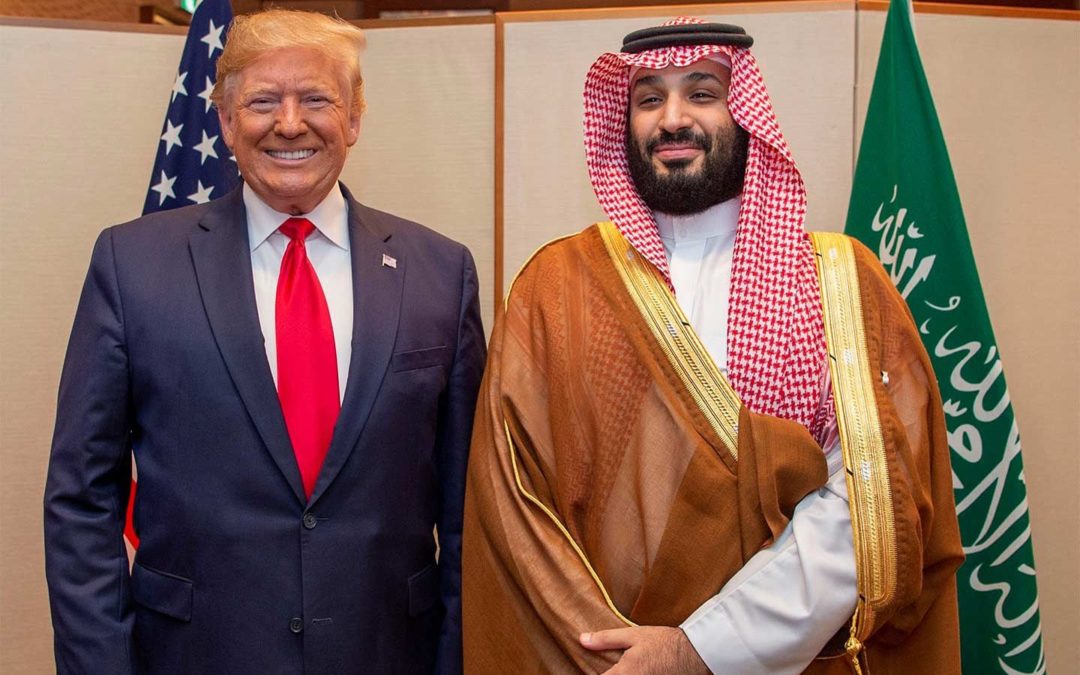The Nation
On the afternoon of October 2, 2018, Saudi journalist Jamal Khashoggi walked into the kingdom’s consulate in Istanbul to pick up a marriage document. He never walked out. Before long, Turkish officials began leaking details of his gruesome killing and dismemberment by a team of 15 Saudi operatives who arrived in Istanbul on two charter flights. But for more than two weeks, the Saudi government insisted that he had left the consulate through a back entrance and disappeared in Turkey. When Saudi leaders finally admitted that Khashoggi was killed inside the consulate, they blamed it on a “rogue operation.”
Khashoggi’s assassination prompted international outrage toward Saudi Arabia. In the United States, the killing reinforced a slow-building anxiety in Congress over American support for a Saudi-led war in Yemen that has killed tens of thousands of civilians and triggered the world’s worst humanitarian crisis. After Khashoggi’s murder, a majority in Congress—furious over President Donald Trump’s unwavering support of the Saudi royal family, and especially the brash and ruthless Crown Prince Mohammed bin Salman—voted to suspend weapons sales and curtail US military assistance to the Saudis in Yemen.

